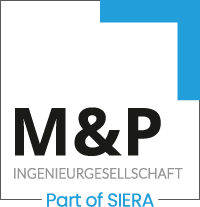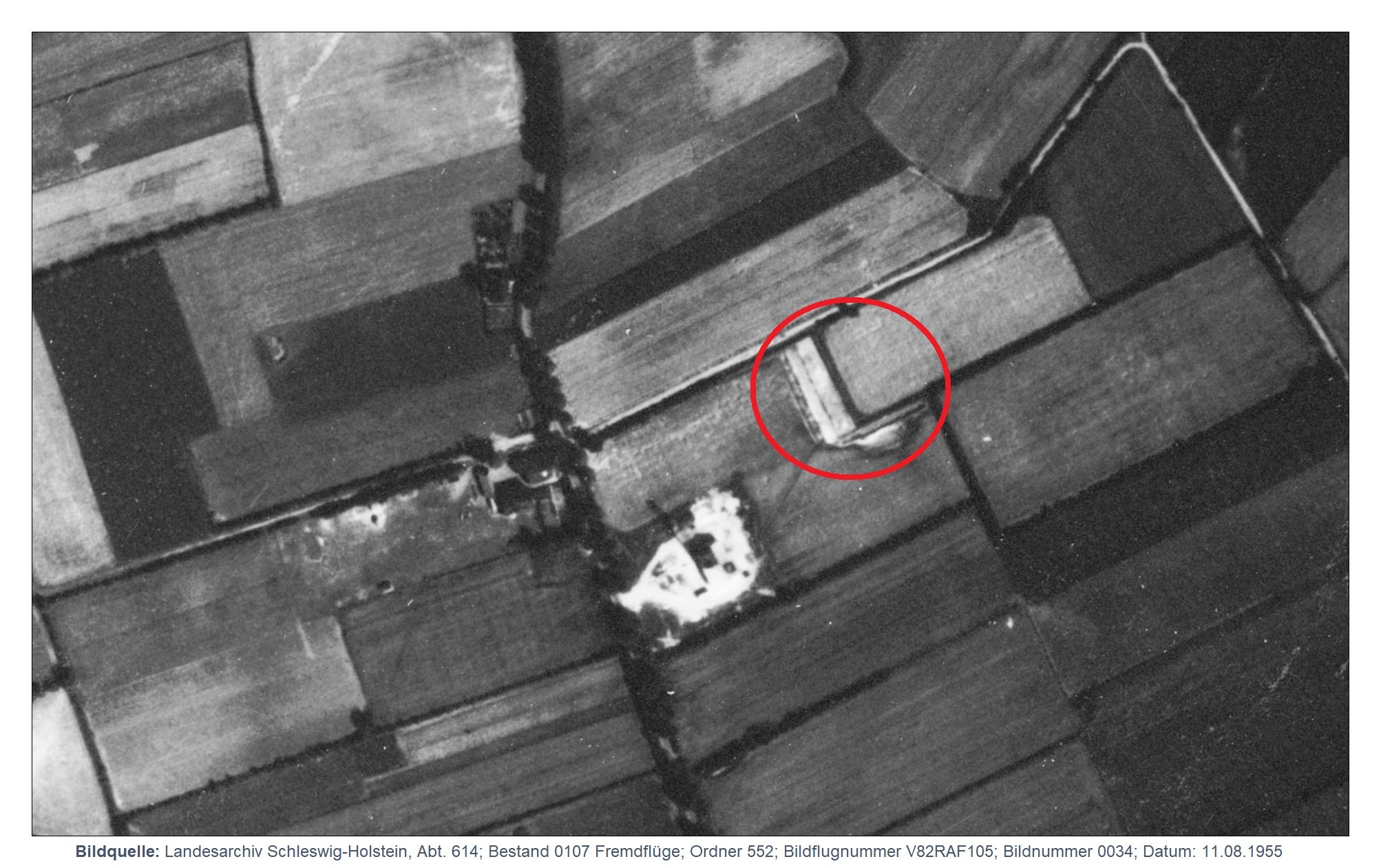Orienting investigation - Former petrol stations

Project details
CONTRACTOR:
LK WOLFENBÜTTEL, REPRESENTED BY THE LOWER SOIL PROTECTION AUTHORITY
LOCATION:
LK WOLFENBÜTTEL, GERMANY
BUSINESS AREA:
ENVIRONMENTAL AND GEOTECHNICAL ENGINEERING
LOWER:
HANNOVER
The district of Wolfenbüttel, represented by the Lower Soil Protection Authority, commissioned Mull & Partner Ingenieurgesellschaft mbH with the order letter of 04.10.2017 to carry out an orienting investigation (OU) at eight contaminated sites in the district of Wolfenbüttel. The sites are former petrol stations. For the seven contaminated sites, the potential for harmful soil changes had been identified in the course of an investigation into their use.
As part of the site work, a total of 49 small pile-driven boreholes were sunk to a depth of up to 6 m and 278 soil samples were taken. To assess possible groundwater hazards, 27 water samples were taken from temporary piping. The groundwater samples and selected soil samples were analysed for various suspected parameters (MKW, PAK, BTEX, LHKW, SM, PCB).
At four of the eight sites, significantly elevated concentrations of CHCs and BTEX were found in the groundwater. In contrast, only slightly elevated levels were measured in the soil.
At the Cremlingen site, it can be assumed that the contamination is only local. It was recommended that additional soil and groundwater investigations be carried out as part of a DU to explore the spread of the contamination.
At the other three sites, additional investigations were carried out as extended OUs. Three GWMs were constructed at the Schladen and Hornburg sites. In each case, a reference day measurement and groundwater sampling were carried out and it was determined that no relevant pollutant concentrations were present in the downstream of the old site. For both sites, further sampling within the framework of a DU was recommended in order to be able to exclude the spread of local groundwater contamination. In Dorstadt, the cause of the identified groundwater hazard could not be found on the site despite further KRB within the scope of an extended OU. It was recommended that groundwater measuring points be set up and monitoring carried out as part of a DU.
The recommended detailed investigations aim to determine or rule out the need for remediation.



